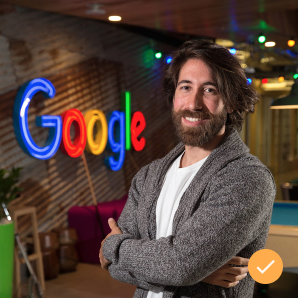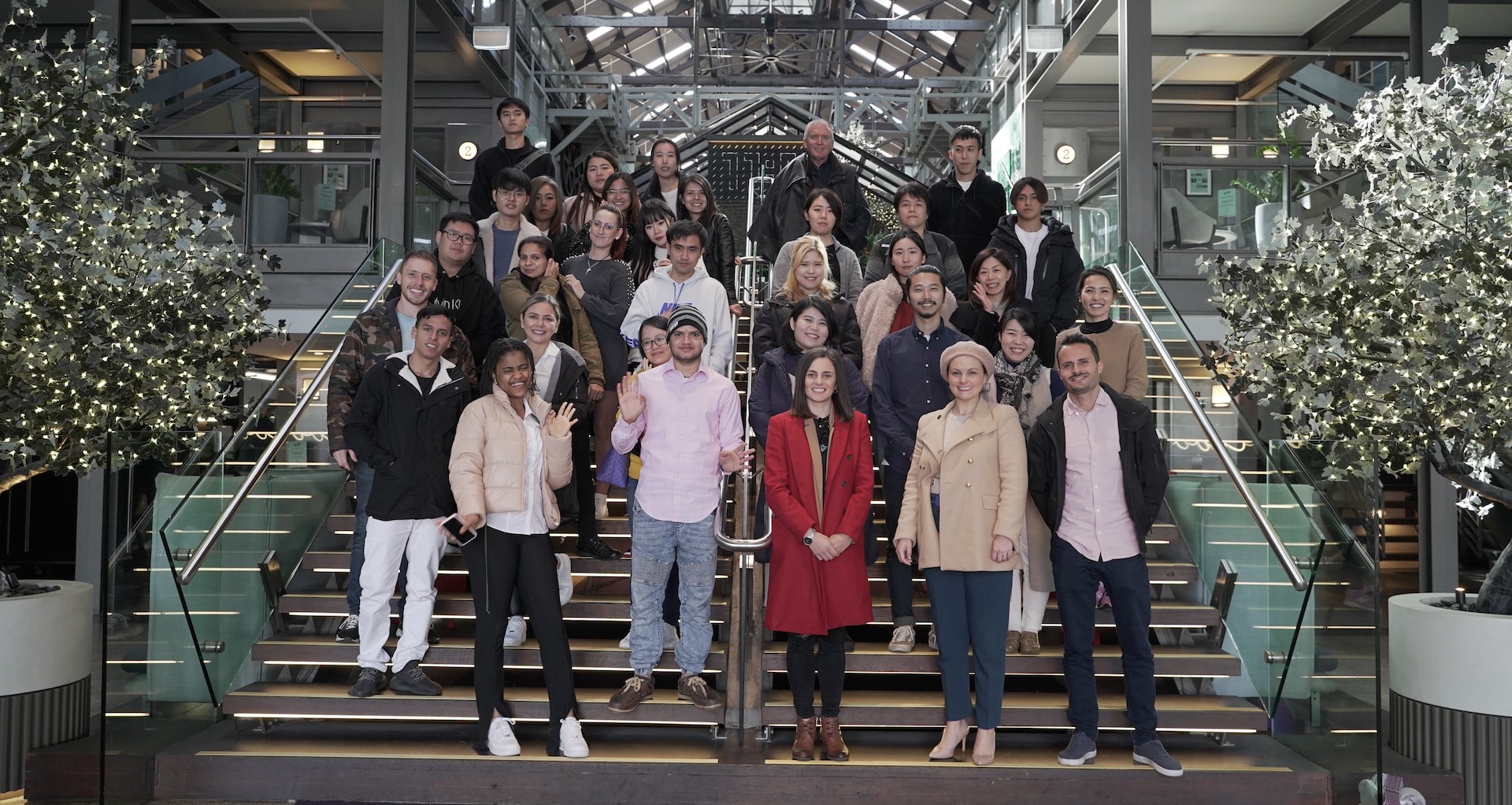Emotional Intelligence in Developing the Entrepreneurial Mindset
“Students dive deep [into] the problem and customer journey, then validate, validate, and validate. They are able to go out of the classroom, do their homework, validate, and talk to people.”
Experiential learning is how Shearyl Arenas, Program Chair of the Electronics Engineering Department and Technopreneurship Coordinator at the Technological Institute of the Philippines (TIP) in Quezon City, proudly describes their way of teaching their students how to be more entrepreneurial. TIP has integrated technopreneurship in all their engineering and computing courses long before the Commission on Higher Education (CHED) formally rolled-out the Technopreneurship 101 (T101) subject, giving them a two-year headstart in training the next generation of technopreneurs.
The college has set up the Technopreneurship and Collaborative Applied Research (TechnoCoRe) Program to instill further the technopreneurship skills and practice to students in engineering and technology. Similar to a roadmap, TechnoCoRe helps students navigate their way to building their venture, from ideation to launch. Through the program, students practice the lessons they learned by working on capstone design projects and engaging with companies to help solve their industry problems. Part of TIP’s TechnoCoRe program is the university fabrication laboratory, which allows students to efficiently conduct rapid prototyping and readily test their products to potential customers. Prior to the pandemic, they held their own version of an Open Mic to catch the attention of students. Instead of listening to artists recite poetry, one will hear budding entrepreneurs pitch the next Grab or Airbnb. Promising ideas from the pitch pool are then provided with incubation in the TIP’s Nurture Innovation Technology Revolution Office (also known as TIP NITRO), the college’s technology business incubator.
“The aim of the technopreneurship classes is to change the mindset of our students where they’ll realize that technopreneurship is another option after their graduation, not only employment,”
— Jennifer Enriquez, Program Chair of the Computer Engineering Department and Assistant Technopreneurship Coordinator at TIP, shares.
Connecting the pieces, there exists a growing entrepreneurship ecosystem within TIP. They have established one that is ready to support students and their innovations. In addition, they have also started integrating sustainability concepts in their course projects and incorporating the Sustainable Development Goals (SDGs) in their college-wide activities.
“In TIP Manila, when we started a collaboration between the Electrical Engineering and Computer Engineering Department for the design projects, we focus on a theme every semester. Those themes are anchored on the SDGs. The first was focused on clean energy and the second on health,” Jennifer recalled. Shearyl also cited an example of how they mainstreamed the SDGs during their Electrical Engineering roadshow early in 2020.
Amidst this established system and their efforts to enhance the college’s entrepreneurship education and ecosystem, Shearyl and Jennifer both agree that there is still a significant gap to bridge — a common gap in universities that teach technopreneurship.
The Challenge of the Entrepreneurial Mindset
“For us teachers, we want them [the students] to treat the course not just as another course to earn credit from. It should be a course that will teach you [the students] the process and the journey of starting a venture where after graduation, you’ll realize that employment is not the only option.”
Shearyl and Jennifer aspire for their students to realize this after they take technopreneurship classes. But, as they have observed, their students still have a mindset where getting employed is seen as the only clear path after graduating. Jennifer thinks that the Filipino culture reinforces this mindset where students are most often expected by their parents to achieve good grades, graduate, and acquire a stable job.

“I envision them making the connection between creating an impact on society and building a social enterprise or even joining organizations that are entrepreneurial and have the same impact-driven mission.”
— Shearyl Arenas, Technopreneurship Coordinator at the Technological Institute of the Philippines (TIP) in Quezon City
Aside from culture, other factors also play a role in why students do not pursue entrepreneurship. The 2019 Youth Entrepreneurship in Asia and the Pacific report of Youth Co:Lab and the Global Entrepreneurship Monitoring (GEM) found that 37.9% of Filipino youth aged 18 to 34 years old fear they are going to fail if they start a venture. Young Filipinos too have a lower perception of their entrepreneurial skills as compared to adults. These factors influence not only the mindset but also the entrepreneurial activities pursued by young people.
“The Filipino culture is not necessarily teaching the youth to become entrepreneurs. This is probably why students have this mindset, ‘I am doing this to get good grades,’ instead of going through the class to gain experiences and lessons,” Jennifer adds.
Recognizing this challenge, Shearyl and Jennifer shared their ways to motivate students and make entrepreneurship interesting among young people. Interestingly, they found that focusing on the social impact aspect of entrepreneurship is what keeps their students engaged. Asking her students how they envision themselves creating an impact on society before they start their technopreneurship class, is one of the ways Shearyl hopes to leave her students pondering throughout the semester.
“I envision them making the connection between creating an impact on society, and building a social enterprise or even joining organizations that are entrepreneurial and have the same impact-driven mission,” Shearyl shares.
Emotional Intelligence and the Entrepreneurial Mindset
Instilling the entrepreneurial mindset among their students is just one of TiP’s challenges, yet also the biggest when it comes to technopreneurship teaching. That is why when Paula Mills, Founder and CEO of the Academy of Entrepreneurs, was virtually deployed to TIP as part of the 2020 Visiting Professors activity. One of the aspects she focused on was emotional intelligence for social entrepreneurs.
In one of her learning sessions at TIP, Paula referred to emotional intelligence as the ability to identify, manage, and control one’s own emotions, as well as the emotions of others. She emphasized that having emotional intelligence is an important skill to have as leaders and entrepreneurs because it helps build trust among people around them.
“That’s what we mean when we’re talking about emotional intelligence. How can you identify, manage, and control your emotions and the emotions of others so you can drive change out there in the world? Because you as a leader, as an entrepreneur, that’s why you exist. You exist to create change, and emotional intelligence is your step one to achieving it,” Paula shares.
Having emotional intelligence helps an entrepreneur in many different ways according to Paula. Here are some examples she cited:
- An emotionally intelligent entrepreneur is more aware of their strengths and weaknesses as a team leader. Having this awareness makes them more open to feedback and sensitive to the feelings of others, fostering a positive organizational culture and enabling more meaningful relationships with the team, partners, and customers.
- Paula also mentioned that an emotionally intelligent entrepreneur is more productive at work because they can solve problems and manage conflicts more efficiently. This is especially important when dealing with development problems as an impact-driven entrepreneur.
- Lastly, Paula emphasized that a crucial benefit of becoming an emotionally intelligent entrepreneur is being able to adapt to change. With the uncertainty that the pandemic brought to many businesses, being emotionally intelligent helps build trust among the team, partners, and customers because they know that the entrepreneur is in control.
In relation to this, Paula also shared the concept of Ikigai (pronounced as ‘Ick-ee-guy’) with the faculty and students of TIP. According to Yukari Mitsuhashi, author of Ikigai: The Japanese Art of a Meaningful Life, Ikigai “embodies the idea of happiness in living” or the reason why a person wakes up in the morning. It’s an exercise that seeks to identify: what a person loves doing, what they’re good at, what the world needs, and what they can be paid for.

Ikigai: The Idea of Happiness in Living
Paula introduced Ikigai as it helps entrepreneurs, or budding entrepreneurs for that matter, to identify their strengths and understand how best they can maximize these strengths to create lasting positive change. She suggests doing this as part of class exercises to help students understand themselves better, which is an important part of the entrepreneurship journey.
“When you are a social entrepreneur and you’re developing your emotional intelligence, you are selfless because you’re always working towards getting better for another community. And when you combine social entrepreneurship and emotional intelligence, the sky’s the limit for the impact you can create,” Paula explains.
With these lessons, we find that it takes introspection and understanding of oneself to develop an entrepreneurial mindset. It’s a process that an entrepreneur needs to go through, especially if their focus is to make a difference in people’s lives or the planet. If a university aspires for their students to develop an entrepreneurial mindset, helping students understand themselves better, including how they can impact society, can facilitate that process. That is precisely what Shearyl and Jennifer are discovering. Holding online classes during this pandemic, they found that more students are coming up with innovative enterprise ideas. Shearyl thinks that the adverse impacts of the pandemic may have pushed their students further to see the societal problems and the opportunities they can take to create potential solutions for them. She adds that the students themselves experience the problem which may have also contributed to their desire in developing solutions.
Looking Ahead
“Know what you stand for, communicate it effectively, and make sure you stay true to that. You need to have a very strong ‘why,’ and have a ‘why’ that is aligned with your purpose.”
— Paula Mills, CEO and Founder of Academy of Entrepreneurs
Paula’s Visiting Professor deployment at TIP tackled many of the university’s needs in becoming a technopreneurial university. Besides revisiting their approaches to teaching T101, TIP also sought advice on enhancing their incubation program at TIP NITRO. [READ: Are Philippine Universities Ready for Impact-Driven Technopreneurship?]
“For me, my takeaway from Paula’s deployment is her lessons on mentorship and coaching. Before the deployment, I thought the two concepts were one and the same. But I learned that they aren’t. Their differences made me reflect on the role of the faculty in the journey of a student entrepreneur. I found myself asking, ‘if a faculty advises students, does that count as mentoring or coaching?’ Paula shared a matrix with us that helped me discern the differences,” Jennifer shares.
Part of Paula’s deployment is also to help TIP NITRO develop their mentorship manual. The manual serves as a guide for the incubator managers and personnel in building long-term relationships with mentors, coaches, and consultants for their incubator. The goal is to be able to create a mentorship program with a pool of mentors ready to support student entrepreneurs in their journey.
Shearyl, on the other hand, sees Paula’s lesson on branding and communicating the purpose of their incubator to their students as her key takeaway. “If what we communicate to the students is that technopreneurship is a three-unit course that they need to pass for them to earn their degree, we cannot achieve our goal to change their mindset. With this, we may have to revisit our branding of the T101. Before, we thought that it’s already good because we have the structure, but we learned that it’s not about the structure alone, but also how people see the course,” Shearyl describes.

In terms of enhancing the TIP students’ emotional intelligence, Paula mentioned that she and the TIP faculty are collaborating on ways to teach the skill to engineering students for them to understand further their life-purpose and how they can make a social impact.
“Engineers have the superpowers of solving so many problems, but they need to be connected with themselves. A lot of engineers are focused on solving the problem, but they’re not connected to their life-purpose,” Paula shared.
Paula sums up her overall experience as a virtual visiting professor as something extraordinary. Although the pandemic hindered a face-to-face deployment, she thought that the virtual mode allowed them to reach more students and enrich the experience.
As final advice, she echoes motivational speaker and author Simon Sinek on starting with ‘why’, “I remember when I was 18, I used to open schools in orphanages in Africa. We were building so many schools, and then we realized that all we needed [to do] was to empower the teachers because a class can be run underneath a tree with no internet. That’s where a lot of people go wrong with incubation. They’re just too focused on the physical space, but the reality as an entrepreneur is to grasp that they’ve got the unlimited capacity, and they shouldn’t be in a physical space. There [are] millions of dollars in a physical space, why not spend it on taking your students to travel or give them access to the network.
Know what you stand for, communicate it effectively, and make sure you stay true to that. You need to have a very strong ‘why,’ and have a ‘why’ that is aligned with your purpose.”
—
Adriel Nisperos is a passionate and mission-driven communications professional. Gaining a background in development communication, Adriel uses communication to advocate for quality education, social innovation, and sustainability in and outside the work that he does. He is currently the Communications Coordinator for the Innovation for Social Impact Partnership (ISIP) project, empowering social entrepreneurs and innovators by telling stories of impact.
Written by Adriel Nisperos



